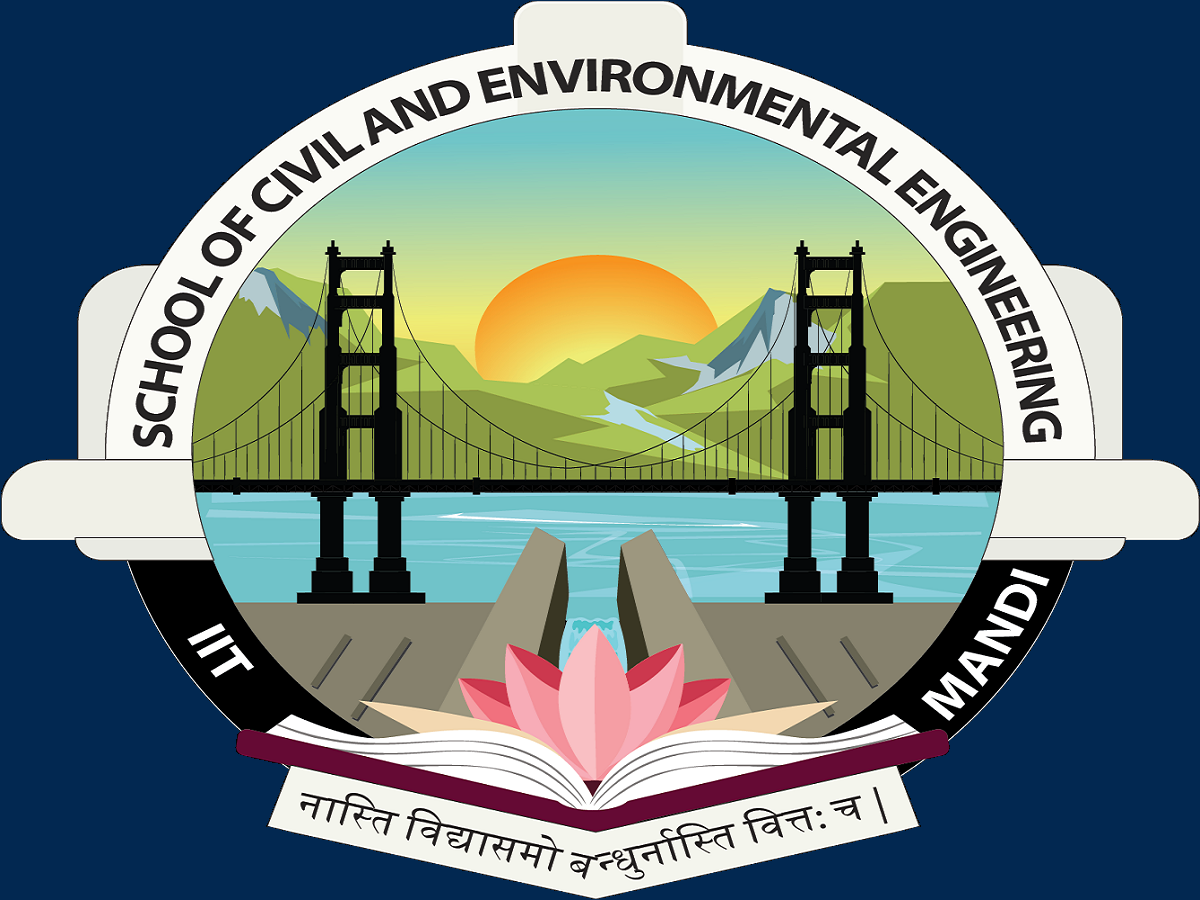3D Reconstruction of a Landslide by Application of UAV & Structure from Motion
20th AGILE conference on geographic information science
Dericks Praise Shukla., & Sharad Kumar Gupta.
2017-05-01
Landslides exhibit complex geomorphologies and are very difficult to measure. Photogrammetric methods are promising tools to overcome such problems by reconstructing 3D from overlapping images of the surface. Airborne and terrestrial image acquisition platforms are possible data sources for comprehensive digital landslide modelling. This study presents a computer vision application of the structure from motion (SfM) technique in three-dimensional high-resolution landslide monitoring. In this study, we used an Unmanned Aerial Vehicle (UAV) – DJI Phantom 3 Advanced to collect high-resolution images of landslide. A total of 72 photographs were taken on 14 July 2016 covering the whole landslide. For more key points/feature matching, more than 70% overlapping was kept between two consecutive images. Based on feature detection technique such as scale invariant feature transform (SIFT), image features can be automatically detected, described, and matched between photographs. A bundle block adjustment is then performed on the matched features to identify the 3D position and orientation of the cameras, and the XYZ location of each feature in the photographs resulting in a sparse 3D point cloud. Densification of sparse points cloud was done using Clustering View for Multi-View Stereo (CMVS) algorithm. Finally, surface reconstruction was performed using Poisson Surface Reconstruction method. For visualization and analysis of final 3D model, open source software CloudCompare/MeshLab was used. It was concluded from the study that UAV-based imagery in combination with 3D scene reconstruction algorithms provide flexible and effective tools to map and monitor landslide.

